
Filmart features a virtual production studio for the first time, showcasing the latest production techniques and real-time content generation on-site in March. (Photo provided to China Daily)
Skills transfer
When different countries coproduce films together, she said, it allows the transfer of technology, knowledge and skills.
"We also (learn to) embrace each other's cultures and help each other's film industry (to grow) through coproductions."
Echoing her view, Fred Wang Cheung-yue, chairman of the pan-Asian facilities and movie services group Salon Films of Hong Kong, said film and TV coproduction is about collaboration in culture.
"Every country is now developing their own content. Asian culture should be put in a good position that everybody will learn from … neighbors nearby."
Wang said this will help countries develop quality film and TV products by developing their own culture rather than relying too much on Western-style products such as those from Hollywood.
A good reason for coproduction is that when countries work together on a film, it encourages cultural exchange, which in turn helps create more diversity in society, Wang said.
Kamil Othman, chairman of the National Film Development Corporation Malaysia, said Southeast Asian countries can learn from the European Union when it comes to coproduction, with European film producers working together to develop and market their movies to the whole EU.
"We have been proposing this (to ASEAN) for many years."
Government support is needed for more coproductions, he said.
Dwi Heriyanto, chief executive of Produksi Film Negara (State Film Productions) in Indonesia, said Asian countries need to first identify each country's characteristics and room for improvement because they vary greatly in terms of culture, language and market progress.
Some collaborative efforts entail a comprehensive analysis of each country's strengths and weaknesses in content creation for coproduction, Heriyanto said.
"For example, countries with a rich cultural heritage such as Indonesia can focus on producing culturally relevant content, while countries with advanced technology infrastructure can contribute technical expertise."
Phasit of Locman2011 has also experienced how language barriers can hinder film coproduction.
Working with his partners on a Singaporean movie, he said, all communication was done in English, and Thai actors had to memorize their lines in English.
"There are also movies filmed in Thai, but we need to add Mandarin subtitles."








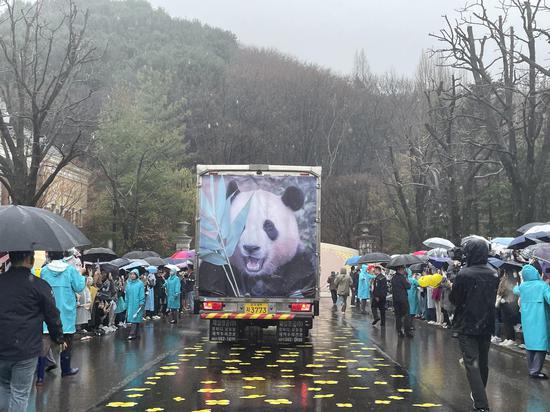


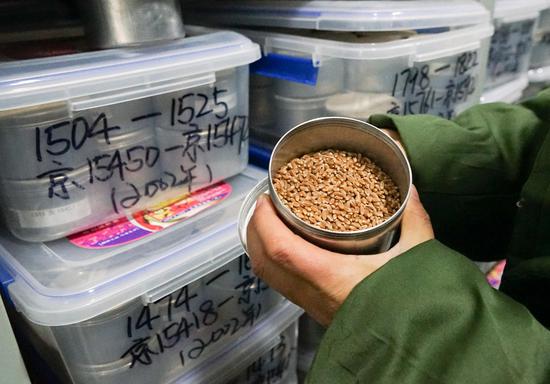
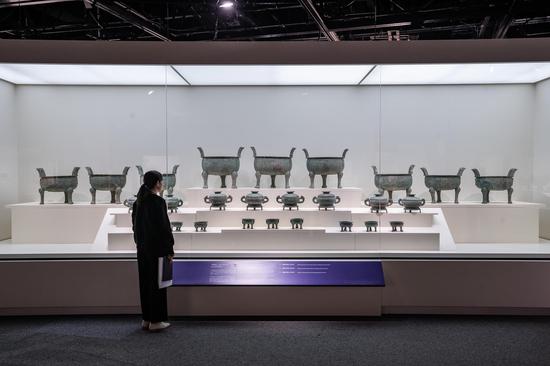










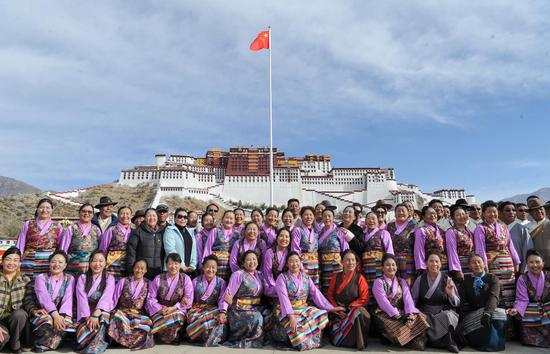
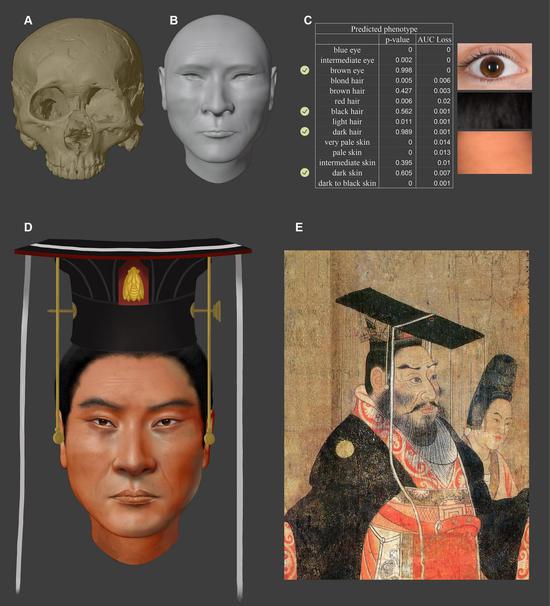



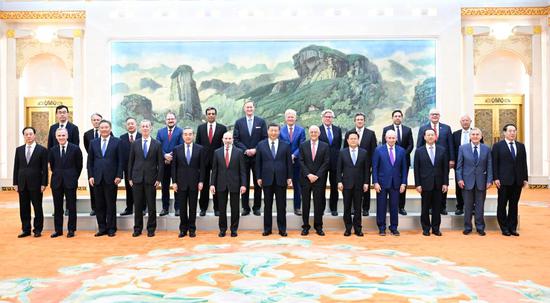
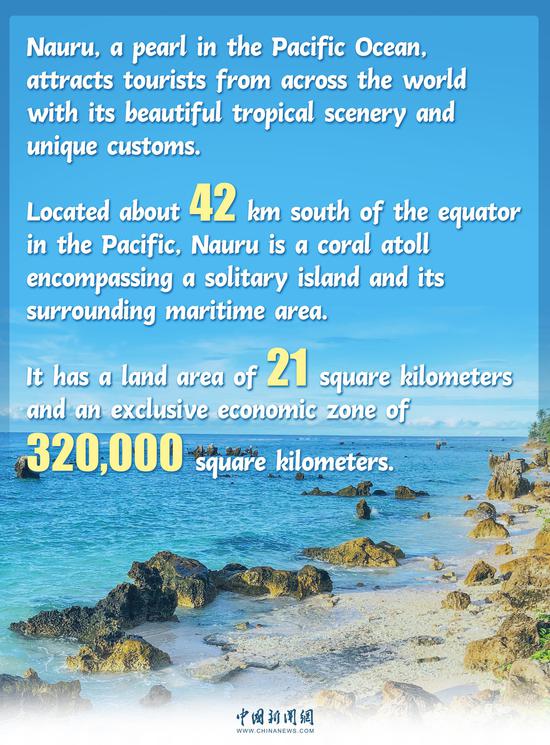





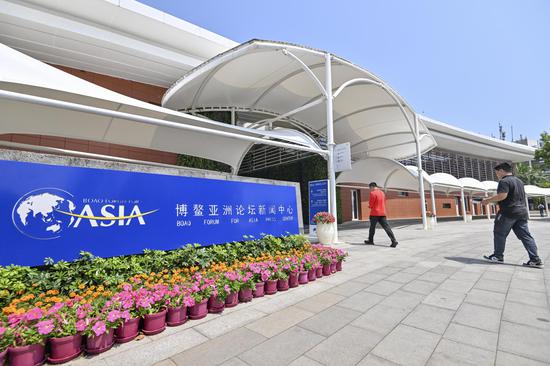
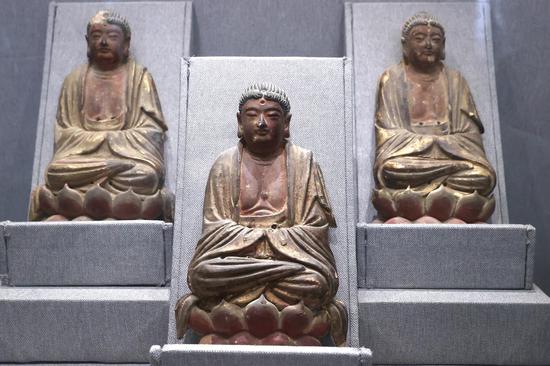

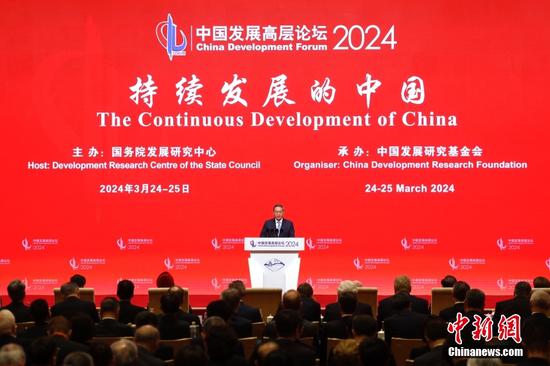











 京公網安備 11010202009201號
京公網安備 11010202009201號